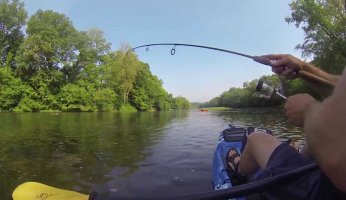Fly Fishing vs. Spin Fishing
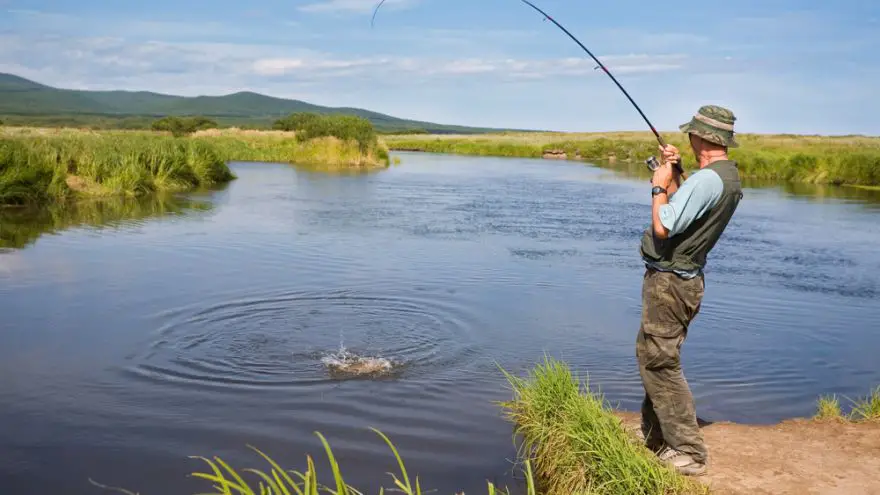 Fly Fishing vs. Spin Fishing
gearweare.net
Fly Fishing vs. Spin Fishing
gearweare.net
While the debate between fly or spin fishing being the superior form of fishing will likely continue until the end of time, there are important similarities and differences between the two. Ultimately, the superior choice comes down to the preference of the angler. With the ultimate goal the same, to land a bite, there is no reason why the distinction between the two needs to be so vast. There is no reason why one could not arm themselves with both forms of fishing within their arsenal. Let’s compare the two options.
Table of Contents
Mission
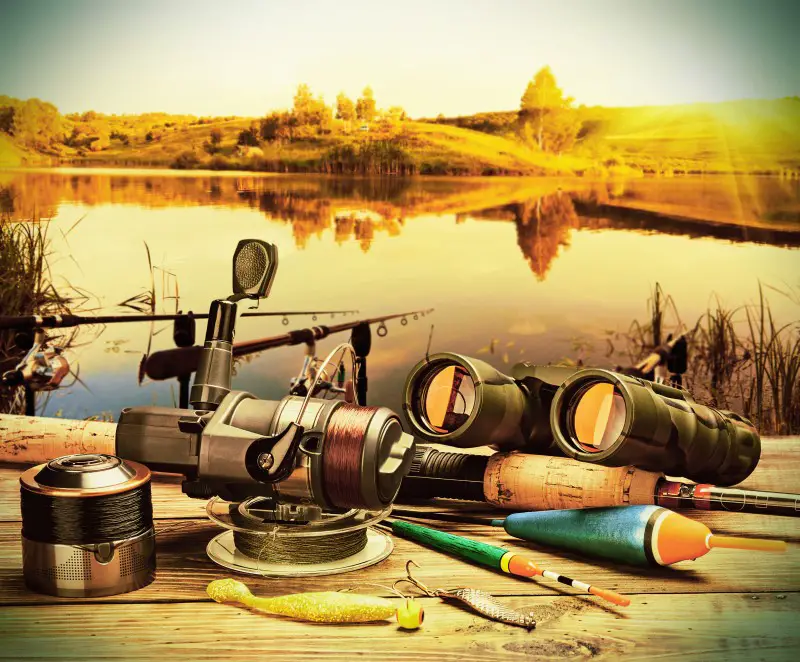
While the ultimate goal of spin fishing is in the results you bring home, fly fishing can be reasonably described as being experience driven. While the number of successful lands fly fishing may be lower than a day’s worth spin fishing, any catch while fly fishing is an accomplishment because of it being inherently more difficult. It is the challenge of fly fishing that justifies the lower number of bites as still being a successful adventure.
Simplicity
When it comes to simplicity or ease of participation, spin fishing takes the crown. Any skill level, even with no prior knowledge can successfully spend a day on the water and cast, wait, and reel.
On the other hand, participating in fly fishing will require much more practice and learning. Casting a spinning reel can be taught and perfected within a day trip, however casting while fly fishing can be a lifelong learning experience.
It has been said that the learning curve for fly fishing is steep, but the experience provides for a life time passion for the sport.
Location
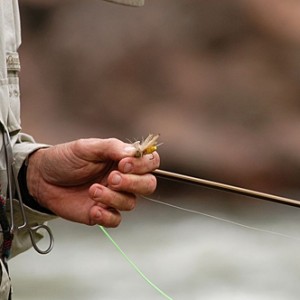
While both forms of fishing can take place on any body of water, spin fishing tends to be more popular on still bodies of water, such as lakes and ponds. Fly fishing, on the other hand, is utilized in moving water, such as a raging river or stream. With spin fishing, you will be able to effectively fish larger portions of the water body, while fly fishing will limit you in the amount of water coverage.
Tactics
The tactics involved in fly fishing and spin fishing differ. In spin fishing, the lure, whether it is artificial or biological, is placed into the depths of the water, to allure a fish into biting. To entice the fish to bite, the lure must resemble a food source. It has been argued that spin fishing requires fish to be in a certain feeding mood in order for it to be successful, however, it is likely the same can be said for fly fishing, too.
In fly fishing, the ultimate goal is to trick the fish into biting an imitation food source, typically a fly or other aquatic insect, on the water’s top. It is the goal in fly fishing to mimic natural behaviors of the food source as closely as possible to successfully present the bait to the fish.
To those who have spent time spin fishing, it is inevitable that casting and presenting your lure of choice often results in the spooking of the fish below the water on impact. With fly fishing, the presentation is above them and the water, so the tendency to spook is minimized, potentially resulting in more consistent results.
Cost
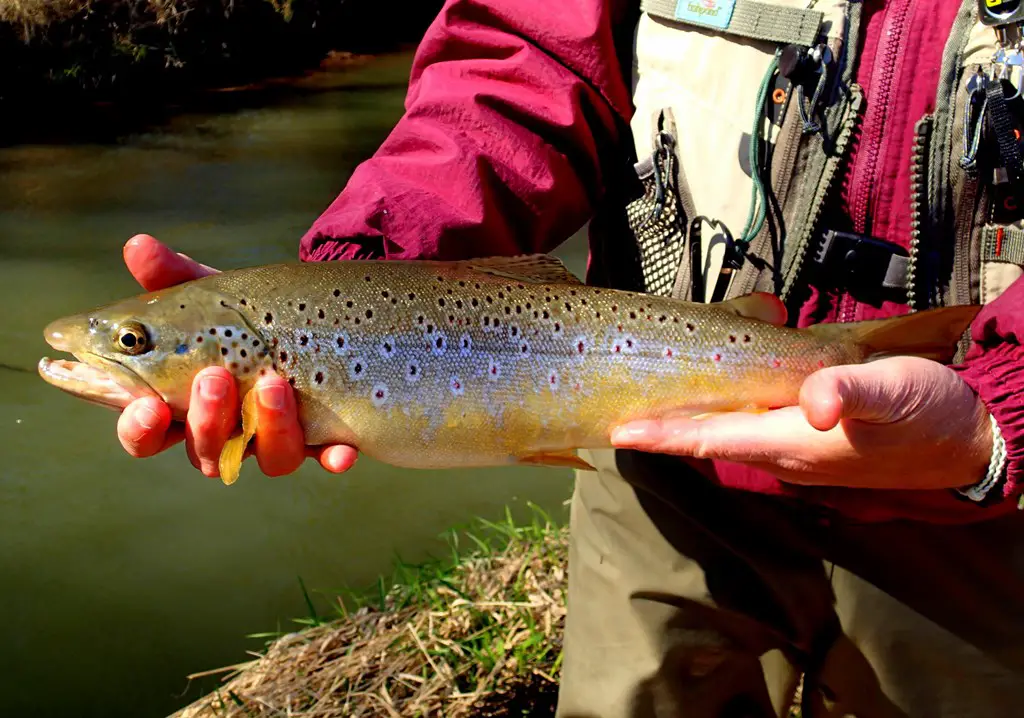
Initially, spin fishing will be the least expensive to get started. It would be reasonable to spend no more than $75 to $100 for a complete set of fishing gear that will get you a day’s worth of fishing. However, for fly fishing, your initial set back could be two or three times more expensive. In addition to the rod, reel, and line, waders become a necessity as you venture out into the water to fly fish. These can add an additional expense to your bottom line.
As you look at a long term investment, fly fishing will ultimately be a cheaper option in regards to lures. While a lower budget fishing lure will cost between $3 and $5 dollars each, quality flies could be as cheap as one dollar and are often handmade at home as a side hobby.
Elbow Room
While the brave and skilled may be able to utilize either fishing method at any location, for the common fisherman, however, fly fishing will require much more elbow room to comfortably operate in. To avoid landing line in the trees and surrounding foliage, it takes adequate room in which to maneuver your line on your cast.
Spin fishing, on the other hand, can easily be done with the smallest of breaks in the landscape. As long as there is a clear view to the water, there are methods in which you can get the line out to the fish.
Unfortunately, fly fishing is not the ideal method of fishing in certain situations, while spin finishing is somewhat universal.
In the grand scheme of things, whether you are spin fishing or fly fishing, you are outdoors experiencing the best of what Mother Nature has to offer. The only way you can know which method of fishing is best for you, is to get out to the water and try them both.







